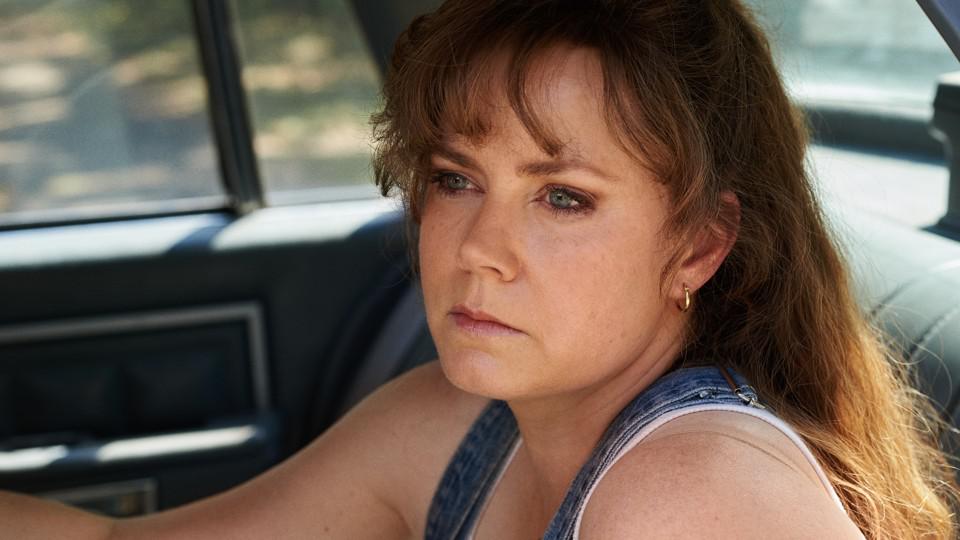<em>Hillbilly Elegy</em> Is One of the Worst Movies of the Year

“Everyone in this world is one of three kinds,” declares Mamaw (played by Glenn Close), the wise grand-matriarch of Ron Howard’s new film, Hillbilly Elegy. “A good Terminator, a bad Terminator, and neutral.” I hate to correct Mamaw, who is trying to encourage her impressionable grandson, J. D. Vance (Gabriel Basso), to follow a righteous path by invoking Arnold Schwarzenegger’s beloved action franchise. But there is no such thing as a “neutral” Terminator; those cyborg heroes exist to either protect or destroy. I cannot imagine what a neutral Terminator would do, save sit in a chair and remain forever shiny and inactive.
Mamaw is, an adaptation of Vance’s best-selling 2016 memoir that debuts on Netflix tomorrow. When it first arrived on bookshelves, Vance’s story was celebrated as a glimpse into an oft-ignored pocket of America: the of Appalachia and the Rust Belt who swung to Donald Trump in the 2016 election. Hailed as an “” and cited by and , Vance wrote about growing up poor, living with a heroin-addicted mother, and clawing his way into Yale Law School. The book arrived at a seemingly serendipitous moment, offering a of communities gutted by drug abuse and poverty.
You’re reading a preview, subscribe to read more.
Start your free 30 days





